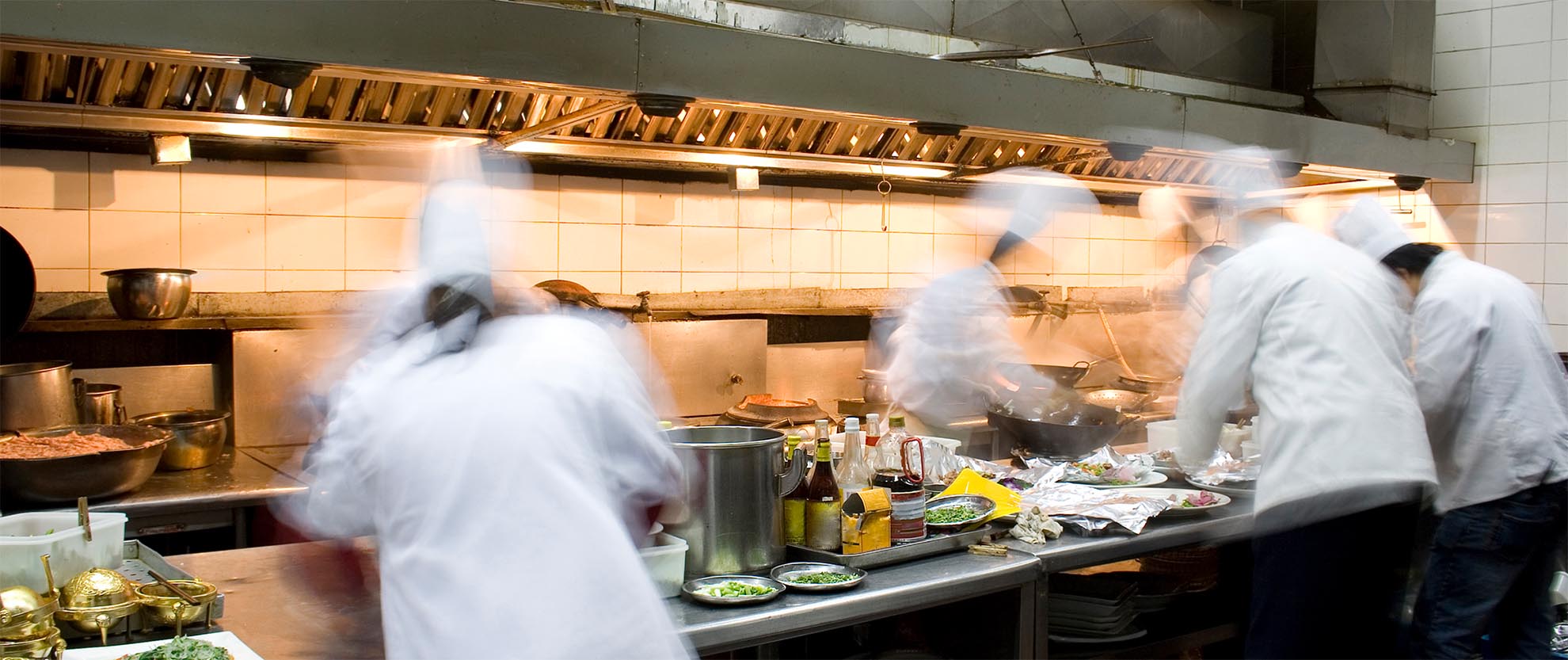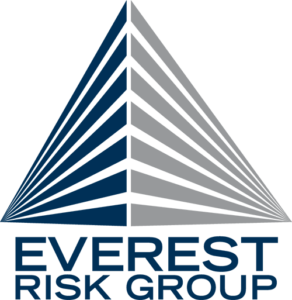
If you own a hospitality business and are getting your business back on track as restrictions start to ease in some states, it’s vital that you have the right insurance policies in place. After all, your business is based on face to face contact with customers, so your exposure to risk factors is extremely high.
So if you’re not sure whether your current policies still cover your needs, here’s a few of the more common risks your business faces and the insurance you may require moving forward.
Food contamination
Incorrect refrigeration, reheating food or keeping food warm, raw eggs, chicken, salami, even salads have been found to be the cause of significant health problems. Customers can also complain that food products made by your business are not edible or are of poor quality. General liability and product liability may be suitable insurance policies in these instances.
In-house customer accidents
Whether customers slip on wet floors, trip over a step or are scalded due to hot food or drinks, in-house accidents are a frequent occurrence in the hospitality industry. These accidents can also include foreign objects found in food that cause injuries to customers, for example dental damage (such as seeds, pips, wood, metal, plastic, and so on). General liability and product liability may also be suitable insurance policies in these instances.
In-house employee accidents
If an employee slips or is burnt, scalded, falls or is injured in some way when they are on duty, your company is responsible for their medical bills and wages until they recover from their injuries. This means that you need Workers’ Compensation Insurance, which is mandatory in Australia for all companies with more than one employee.
Property, stock or money theft
Food, equipment and money can be stolen, break-ins can occur, and employees can steal money from your business. All of these losses can be covered by Property Insurance, which is another essential policy for businesses in the hospitality industry.
Equipment failure
The hospitality industry cannot operate without its equipment (fridges, freezers, ovens, hot plates, grills and so on). If any of your equipment breaks down it can be very expensive to replace, which is why you need either a standalone machinery breakdown policy or machinery breakdown included in your industrial special risks insurance (ISR).
Food spoilage
When fridges and freezers break down food can spoil. You may have spent a lot of money filling your freezer with meat only to find that it has all spoilt due to equipment failure. In this case you need insurance that compensates for this loss of food.
Fire, flood and storm damage
Arson, accidental fires, floods and storm damage can all lay waste to your business. This is when you need a general insurance policy that covers your business for any losses suffered due to these acts, whether intentional or an act of nature.
Unable to trade
If your business is unable to trade due to theft or breakdown of major equipment, fire damage or other cause that’s out of your control, then Business Interruption Insurance can fill the gap. This covers all your fixed costs, such as leases, utility bills, employee wages, insurances and supplier debts for a set period of time and until you can begin trading again. Most importantly, business interruption insurance will also cover your profit margin you would have enjoyed had the insured loss not occurred.
If you are in the hospitality industry, it’s important that you reduce your exposure to a large range of risks that are inherent within this sector. To decide what type of insurance policies are suitable for your hospitality business, talk us to find out more or click here
General Advice Warning
The information provided is to be regarded as general advice. Whilst we may have collected risk information, your personal objectives, needs or financial situations were not taken into account when preparing this information. We recommend that you consider the suitability of this general advice, in respect of your objectives, financial situation and needs before acting on it. You should obtain and consider the relevant product disclosure statement before making any decision to purchase this financial product.


